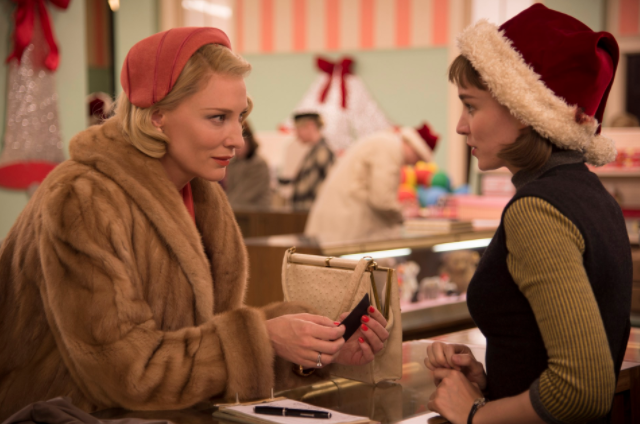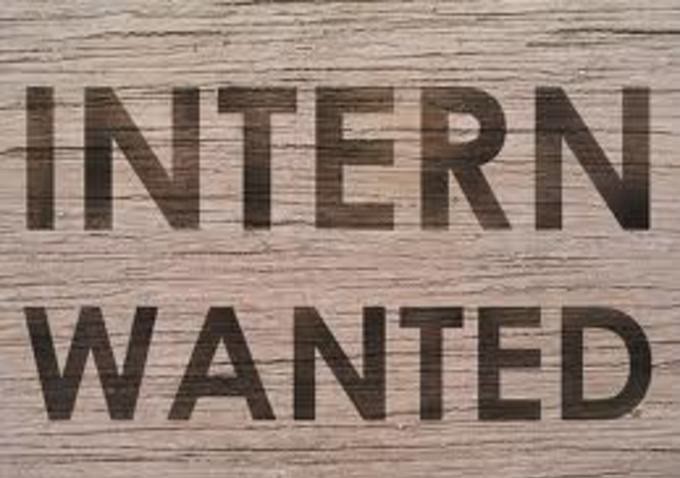The Metrograph independent movie theater in New York has announced that they will host a series devoted to the film adaptations of queer author Patricia Highsmith. The screenings kick off on January 19, 2017.
Beginning on what would have been her 96th birthday, the series aims to introduce a whole new generation to the “Mistress of Suspense.” Her 1952 pseudonymously published novel “The Price of Salt” became the basis for the romantic drama “Carol,” which starred Cate Blanchett and Rooney Mara.
“Both pop phenomenon and revered psychological portraitist,” Metrograph’s tribute reads, “her novels — gripped with unspoken (sometimes same-sex) desire, lucid about the role of class in international society — helped to define the modern suspense-thriller, and attracted the attention of some equally massive talents in the film world. Highsmith’s most famous character, Tom Ripley, appeared in numerous novels and films, including ‘Purple Noon,’ ‘The American Friend,’ and ‘The Talented Mr. Ripley.’ Although Highsmith was often leery of the resulting films, these elegant masterful works are finally important outgrowths of her lasting influence.”
Highsmith passed away in 1995 in Locarno, Switzerland. The films included in the Metrograph’s series are listed below, with descriptions courtesy of Metrograph.
“The American Friend” (Wim Wenders/1977/35mm/127 mins)
Adapting “Ripley’s Game,” the third of Highsmith’s Tom Ripley novels, Wenders cast Dennis Hopper as his slippery lead, this time working on an art forgery scheme in Hamburg, where he meets Bruno Ganz’s terminally ill picture framer and seduces the dying man into taking an assassination job. Lucidly and luridly photographed by cinematographer Robby Müller, and featuring cameos by Sam Fuller, Nicholas Ray, and Jean Eustache!
“Carol” (Todd Haynes/2015/DCP/118 mins)
It starts at Frankenberg’s department store, and an exchange of glances between Carol and the girl behind the counter (Cate Blanchett and Rooney Mara, both sublime), tangled up in fantasies of commercial acquisition and desire. What follows is maybe the best romance this century has produced, an agonizingly slow seduction where even shopping for and decorating a Christmas tree becomes an intensely erotic act.
“Cry of the Owl” (Claude Chabrol/1987/DCP/102 mins)
A match made in heaven, as Hitchcock acolyte and stylish, gimlet-eyed observed of the French class system Claude Chabrol adapts Highsmith’s 1962 novel of the same name. A Parisian illustrator (Christophe Malavoy) gets more than he bargained for when Juliette (Mathilda May), the object of his distant obsession, decides to leave her husband for him, setting in motion a mechanism of schemes and whiplash double-crosses that put him before the law holding a smoking gun.
“Purple Noon” (René Clément/1960/35mm/115 mins)
The first film to take up the character of the chameleonic, homicidal American social climber to whom Highsmith devoted a cycle of novels, that suave shapeshifter Tom Ripley. The almost supernaturally beautiful young Alain Delon plays Ripley, sent to fetch home a posh friend from a Mediterranean idyll, where he grows used to days and nights of easy, untrammeled pleasure, and begins to plot as to how to abscond with the totality of his friend’s life.
“Strangers on a Train” (Alfred Hitchcock/1951/35mm/101 mins)
Hitchcock’s adaptation of Highsmith’s 1951 page-turner kicks off with a casual encounter that reads like a same-sex pickup, as tennis star Guy Haines (Farley Granger) inadvertently agrees to a murder swap plan with preening rich kid Bruno Anthony (Robert Walker, in a career performance), and continues through some of the finest set pieces of Hitch’s career — a tennis match at Forest Hills, and Bruno stalking his prey through a vulgar county fair.
“The Talented Mr. Ripley” (Anthony Minghella/1999/35mm/138 mins)
There’s a glowering darkness at the heart of Anthony Minghella’s sun-kissed, classically-polished continental thriller, working from the same source materials as “Purple Noon,” but bringing the homoerotic subtext to the fore. Here Matt Damon’s Ripley lucks into a passport to the continental high life (and unrequited love) with epicurean rich kid Dickie Greenleaf (Jude Law), though Philip Seymour Hoffman smells something funny: “Tommy! How’s the peepin’?”







